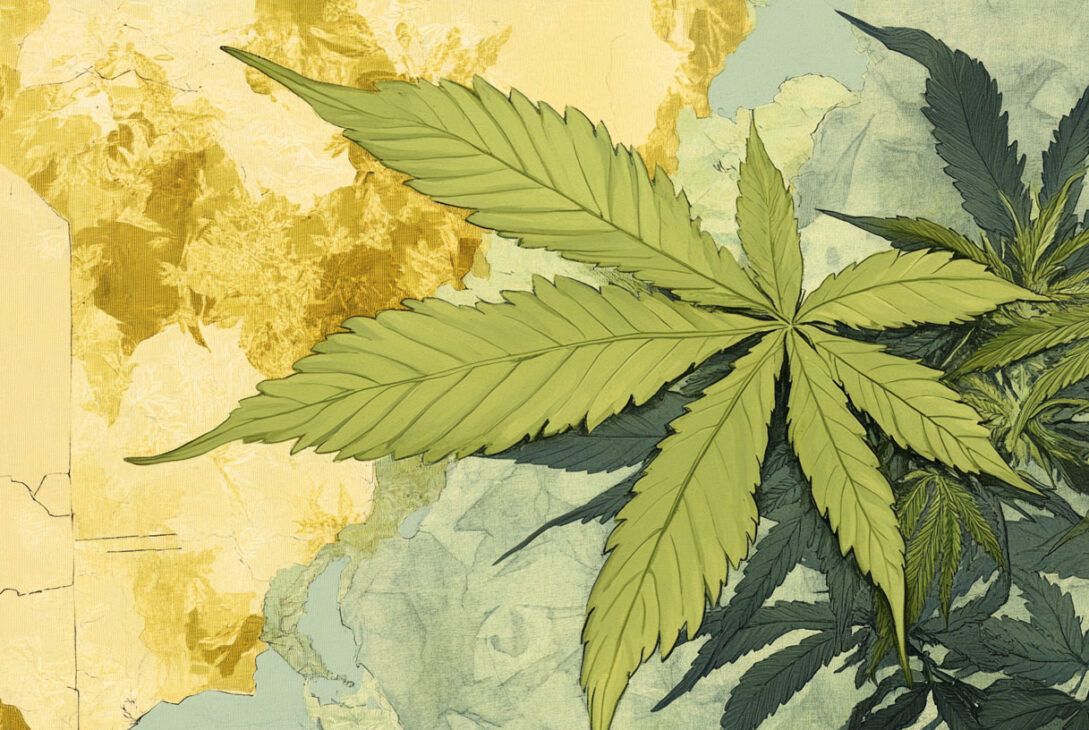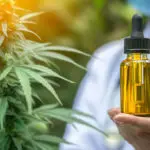As interest in hemp-derived Delta-8 products continues to grow, many find themselves tangled in the web of legal complexities that surround them. Understanding this legal landscape is crucial for both consumers and businesses. This guide will provide clarity on the evolving regulations, starting with the pivotal 2018 Farm Bill, and progressively breaking down federal and state laws related to Delta-8 THC.
The 2018 Farm Bill: A Turning Point for Hemp
In December 2018, the United States passed the Farm Bill, a groundbreaking piece of legislation that significantly shifted the legal landscape for hemp. The bill removed hemp from the Controlled Substances Act, thereby allowing for the cultivation, processing, and distribution of hemp. Defined as cannabis with less than 0.3% delta-9 THC on a dry weight basis, hemp became a legal agricultural product.
This historic change not only opened the door for farmers and businesses to explore the many benefits of hemp, but it also paved the way for the emergence of cannabinoids derived from hemp, including Delta-8 THC. Delta-8 is a cannabinoid that offers similar effects to its well-known counterpart, Delta-9 THC, but is regarded as less psychoactive, appealing to consumers who desire the therapeutic benefits of THC without the intense high.
Federal Legality of Delta-8 THC
Under federal law, Delta-8 THC derived from hemp that adheres to the 0.3% delta-9 THC threshold is not classified as a controlled substance. This landmark clarification was reinforced by the DEA when they communicated that cannabinoids extracted from compliant hemp are not regulated under the Controlled Substances Act. However, this doesn’t mean that Delta-8 is entirely free from scrutiny.
The FDA maintains oversight over these products, particularly concerning safety and marketing claims. There have been instances where the FDA issued warning letters to companies for improperly labeling their Delta-8 products, raising alarms about potential health risks and the ambiguous nature of such products. This highlights a critical aspect for both consumers and sellers to consider: while Delta-8 may be legal at a federal level, it still requires careful navigation regarding safety and compliance.
State-by-State Regulations
The legal status of Delta-8 products exhibits a stark contrast across state lines. Each state has taken its interpretation of federal laws, leading to a patchwork of regulations. Here’s a closer examination of how various states have approached Delta-8 THC:
States Where Delta-8 is Illegal:
- California: Delta-8 products are not permitted for sale under state law, limited to marijuana-derived Delta-8 products that must be acquired from licensed dispensaries.
- Colorado: The state has taken a stringent stance against Delta-8, banning its manufacture and distribution, especially those derived through the isomerization of CBD.
- Vermont: Considering Delta-8 synthetic, Vermont has prohibited its manufacture and sale.
- Texas: Following a temporary injunction lifting Delta-8 from controlled status, Texas still treats it as a controlled substance pending further judicial review.
States Where Delta-8 is Legal:
- Oregon: Currently legal, Oregon is exploring regulatory frameworks through the Oregon Liquor Control Commission, indicating a move toward systematic regulation.
States with Pending or Proposed Regulations:
- Florida: Legislation is being considered to clarify the status of hemp products, including Delta-8, potentially limiting THC concentrations.
Key Points and Considerations
Understanding the legal nuances of Delta-8 THC involves sorting through a myriad of federal and state regulations:
- Federal vs. State Law: While federal law allows for hemp-derived Delta-8, state laws can impose stricter regulations or outright bans. Always check local laws before using or selling Delta-8 products.
- Safety and Regulatory Concerns: The FDA’s involvement signifies that even legal products are subject to scrutiny regarding safety. Consumers should remain informed about health risks associated with Delta-8.
- Market Impact: The diverse regulatory landscape presents challenges for manufacturers and retailers striving to ensure compliance while meeting consumer demands.
Conclusion and Next Steps
As you navigate the complex moral and legal terrain of hemp-derived Delta-8 products, it’s essential to stay informed and conscientious. Here are a few key takeaways:
- Federal Legality: Delta-8 THC from hemp is not classified as a controlled substance federally.
- State Variations: Be aware of significant differences in state laws, some of which outright ban Delta-8.
- Regulatory Updates: Stay in the loop regarding any legal adjustments or new regulations at both federal and state levels, as they directly influence availability and compliance.
- Consumer Safety: Stay alert to FDA notices pertaining to Delta-8 products, as they may signal health concerns or product issues.
Actionable Tips
- Check State Laws: Always verify the current legal status of Delta-8 in your specific state before purchasing or selling.
- Follow FDA Guidelines: Keep abreast of FDA alerts concerning safety concerns related to Delta-8 products.
- Stay Informed: Regularly update yourself on legal changes to navigate the marketplace effectively.
By fostering an understanding of the legal landscape surrounding hemp-derived Delta-8 products, consumers and businesses can confidently engage with these fascinating substances. Whether you’re a user, a retailer, or simply an enthusiast, staying informed will empower you to make better choices in a fast-evolving industry.
Ultimately, knowledge is the key to navigating the legal intricacies of Delta-8 THC effectively and responsibly.




















